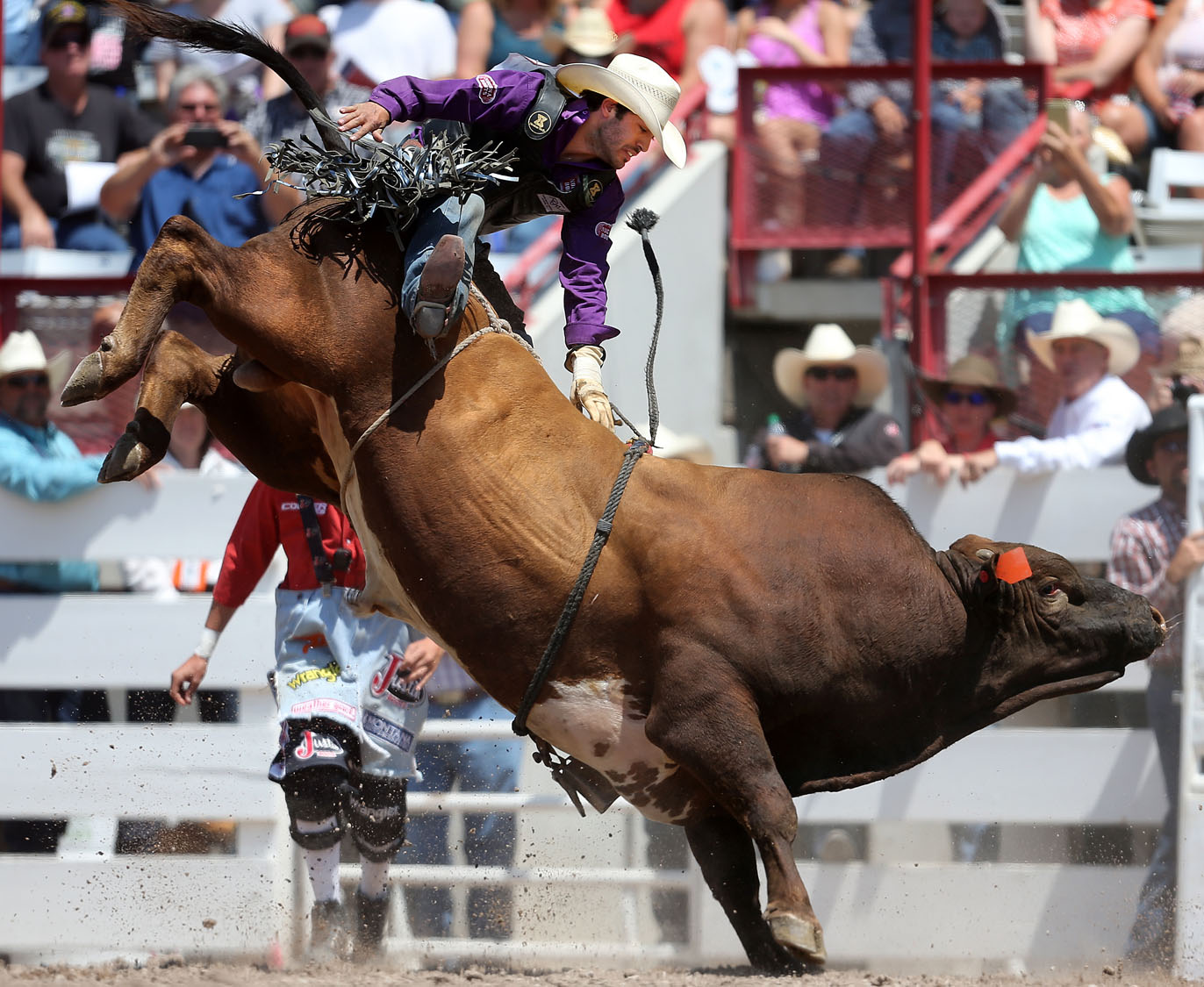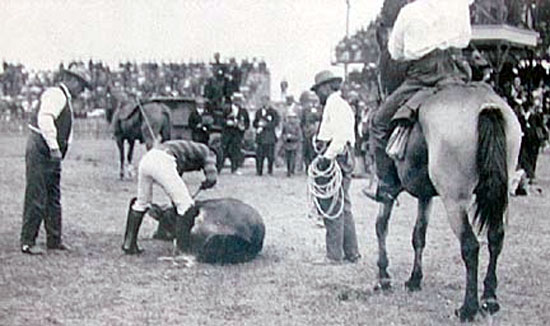

Their sons, Bo Tyler and Logan, grew up traveling thousands of miles for the chance to compete for eight potentially life-threatening seconds. Barrel-racing world champion Shelly Vocu comes from a family that has competed for generations. A family affairįor the Vocu family, of Ashland, Montana, rodeo is a way of life.īo is a former bull rider.

The Cheyenne Frontier Days-a non-Native-run event that attracts around 200,000 people to Wyoming every July for a rodeo, carnival, concerts, and an early morning cattle drive through its city streets-was called off for the first time in its 124-year history.Īs the future remains uncertain in the face of the pandemic, one Native rodeo family is weathering the storm. and Canada were postponed, then canceled outright. In early spring, the virus appeared in Native American communities, prompting lockdowns as life ground to a halt. The 2018 PBR Rookie of the Year, Keyshawn Whitehorse, is Diné (Navajo) from Utah.īut the coronavirus pandemic has dealt a blow to the sport, and Native communities as a whole. For the past two years, the annual PBR Global Cup event-which draws cowboys from Canada, the U.S., Mexico, Brazil, and Australia-has included a Native American team, the USA Wolves. Some of the top-ranked riders on the Professional Bull Riders circuit (PBR) are Native. “If we go to Oklahoma or Canada or somewhere, we have folks we know there, or if people come to Montana needing anything, we’d help them work something out.” “We have communities from all over,” says Michael “Bo” Vocu, president of the Indian National Finals Rodeo (INFR), an organization formed in the 1970s by the uniting of several Indian Rodeo Associations from the U.S. In the close-knit world of Native American rodeo, the sport is a way to sustain community culture and to stimulate economic activity.

With roots in 19th-century cattle farming, rodeo is often considered the domain of white ranchers, but it has a long history of participation from people of color. Some consider rodeo the world’s most dangerous sport-and despite dating from the late 1800s, it’s one of the fastest-growing in the United States, worth hundreds of millions of dollars.


 0 kommentar(er)
0 kommentar(er)
